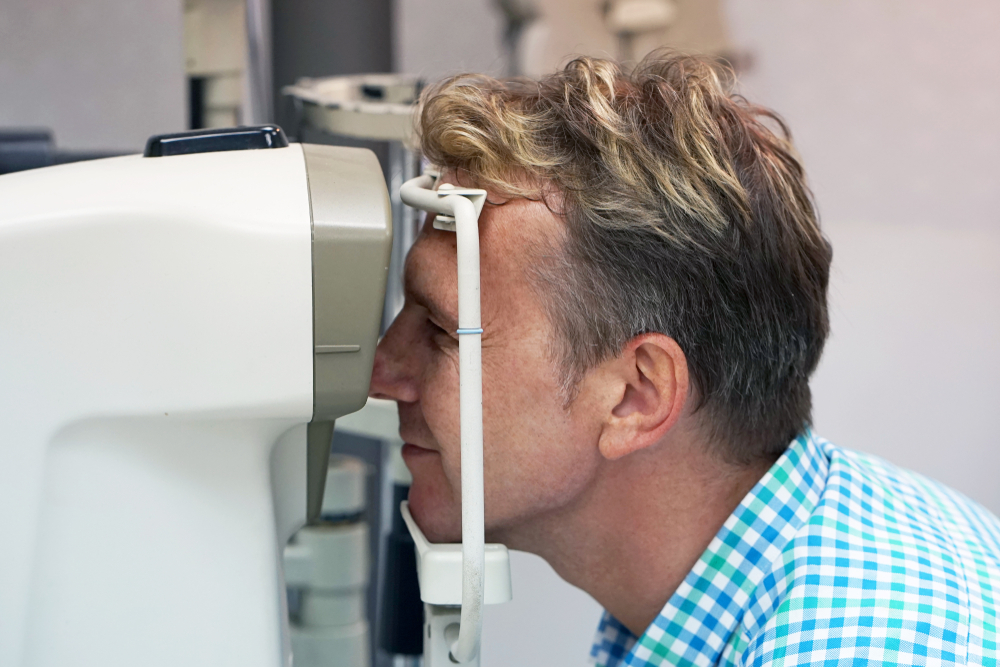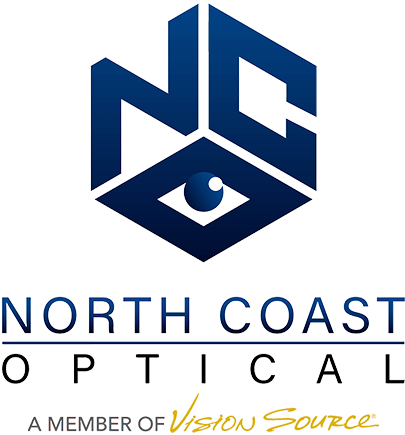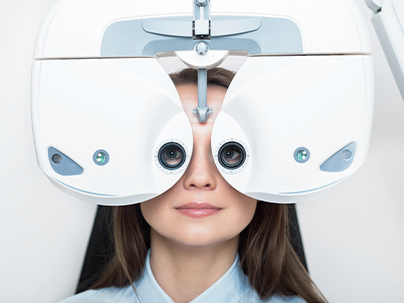How Does Family History Influence Your Glaucoma Risk?
Blog:How Does Family History Influence Your Glaucoma Risk?

Glaucoma is one of the leading causes of irreversible vision loss worldwide, often developing silently without early warning signs - earning it the nickname “the silent blinder.” In fact, about half of the people with glaucoma don’t even know they have it. Because it typically progresses gradually, many people don’t realize there’s a problem until their vision is permanently affected. Understanding your risk factors can make a significant difference in protecting your eyesight for the long term.
What Is Glaucoma?
Glaucoma is a group of eye diseases that damage the optic nerve, which is essential for vision. This damage is often linked to abnormally high pressure in the eye (intraocular pressure). However, it’s important to understand that you can still develop glaucoma even if your eye pressure is normal. This makes the disease especially dangerous because it may go undetected without regular eye exams.
And once damage occurs, it cannot be reversed. That’s why early detection and treatment are so important - to help slow progression and preserve your vision.
How Genetics Contribute to Glaucoma Development
Research shows that genetics play a crucial role in the development of glaucoma, especially in cases of open-angle glaucoma. If a parent, sibling, or close relative has glaucoma, your own risk increases significantly. While not everyone with a family history will develop the condition—and not all glaucoma is inherited—family history remains one of the strongest known risk factors.
Other Glaucoma Risk Factors
In addition to family history, several other factors may raise your risk of developing glaucoma:
• Age: Risk increases significantly after age 40
• Ethnicity: Higher risk among individuals of African, Hispanic, or Asian descent
• High Intraocular Pressure: A key risk factor, though not always present
• Thin Corneas: Can increase susceptibility to damage
• Medical Conditions: Diabetes, high blood pressure, and heart disease
• Previous Eye Injuries: Trauma can trigger glaucoma later
• Long-Term Steroid Use: Especially corticosteroid eye drops
Why Regular Medical Eye Care Is Crucial
Because glaucoma often has no symptoms in its early stages, routine eye exams are your best line of defense. This is especially true if you have a family history of the condition. Annual medical eye exams can detect subtle signs of optic nerve damage and help identify changes before you notice any vision problems. Even if you are not currently diagnosed with glaucoma, ongoing monitoring helps establish a baseline and ensures any changes are caught early - when treatment is most effective.
What to Expect During Your Medical Eye Exam
A comprehensive medical eye exam for glaucoma risk assessment includes several key components:
• Visual Field Testing: Detects early peripheral vision loss
• Tonometry: Measures intraocular pressure
• Ophthalmoscopy: Checks for optic nerve damage
• Pachymetry: Measures corneal thickness
• Gonioscopy: Evaluates drainage angles
• Imaging: High-resolution scans of the optic nerve using OCT or similar technology
Your eye doctor will review your family history and discuss any additional risk factors you may have, ensuring a tailored approach to your eye health.
Prioritize Your Eye Health at North Coast Optical
If glaucoma runs in your family, it’s important to take your eye health seriously. Genetics can significantly increase your risk, but with regular medical eye exams and proactive care, early detection and effective management are possible. Protect your vision and preserve your quality of life by staying informed and staying proactive.
Schedule your next eye exam at North Coast Optical and let our team help you monitor, detect, and manage your glaucoma risk with confidence. Visit our office in Madison, Ohio, or call (440) 428-2172 to book an appointment today.


